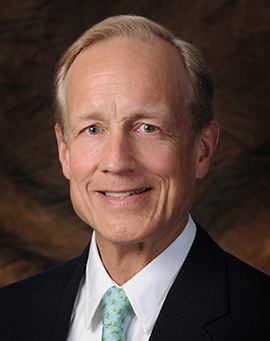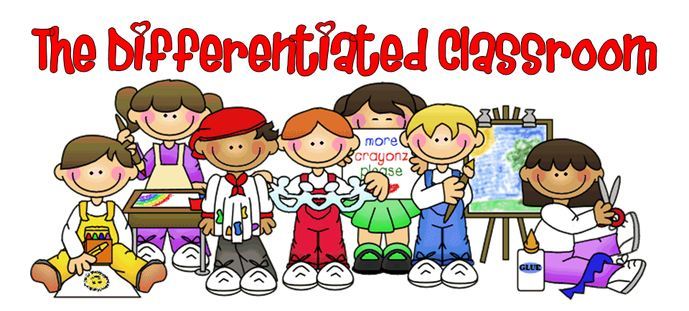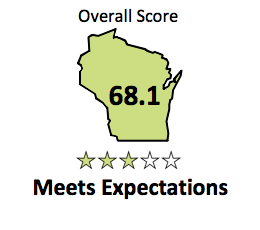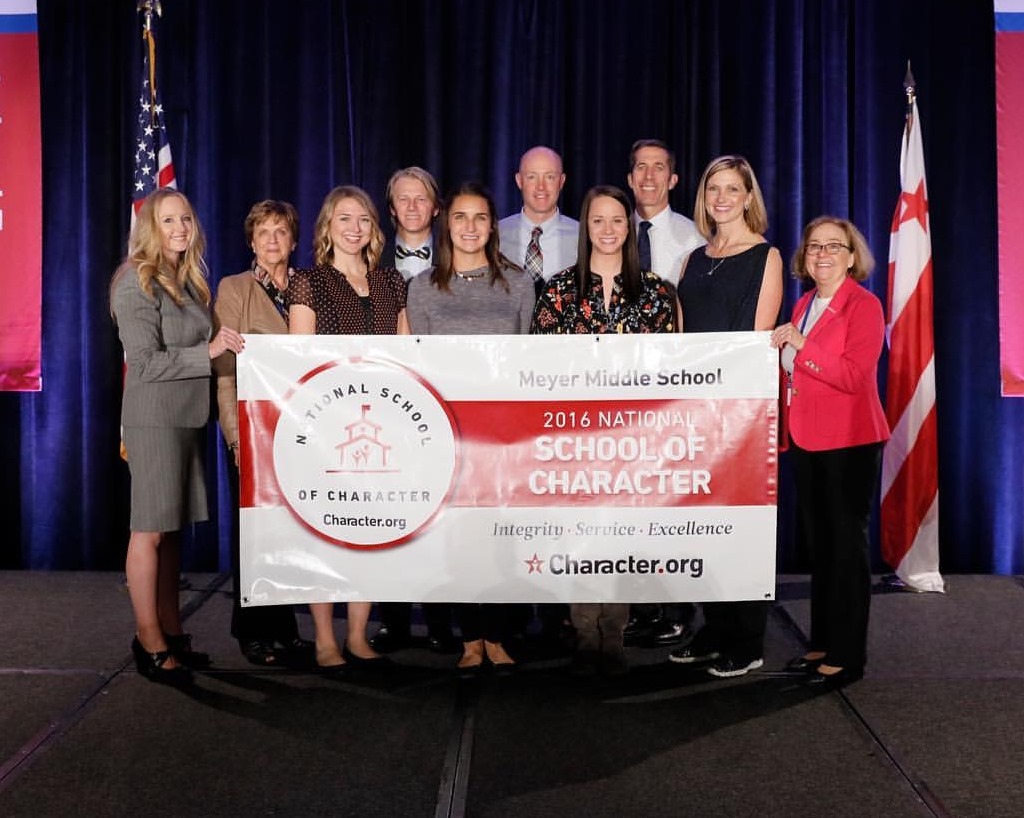That’s a little misleading. The title of this blog post, I mean. It sounds like I’m done with something. I’m not really. I am, however, starting my last year of teaching. Yep. My 33rd year of teaching will be my last.
This is me in my first year of teaching (1987).
Look at that face. No wrinkles. No worries. No problems. Ready to take on the world and be……. A TEACHER.
Here’s my school picture from 2019.
Look at that face. Wrinkles. Worries. Problems. Still a teacher.
When I look at those 2 pictures, I see the same person. I feel like the last 32 years have flown by. In that time, I’ve gotten married, built a house, had and raised 2 children, and had decades of experiences in the classroom. I don’t even know how that happened. It seems like a few years ago I started my teaching career at River Falls Junior High (now Meyer Middle School).
Pretty sure I’ll be experiencing lots of “lasts” this year. Take Back to School Night, for example. As I was walking to my car, I was just enjoying the beautiful evening and the cool breeze and the smell of freshly-mowed grass (my attempt at mindfulness and appreciating the moment) when suddenly I heard from behind me, “Mrs. Keller!” I turned around and there was Matt Shipp. One of the students I had somewhere near the beginning of my career. I think it would have been 1990 when he was in 8th grade.
We had a great talk about what middle school was like back then and how much fun it was. I met his wife and his 6th grade daughter. He told me that he worked in the St. Paul School District helping special education students find jobs. He’s also an expert on something called tenkara, which is traditional Japanese fishing. You can read more about that here:
Tenkara, traditional Japanese fishing, catches a new fan
This is my favorite part of being a teacher and one I will miss immensely – talking to my former students. It makes me sad that I won’t be gaining any new relationships like that once I leave the classroom. I mean, I’ll always have my former students. But I won’t be gaining any more of them.
My mom was a 3rd grade teacher in Ellsworth. I remember being annoyed when I was a kid/teenager/college student when we’d be somewhere together and people would come up and say, “Mrs. Deiss!” and then proceed to chat with her about their lives, jobs, children, etc., etc. Couldn’t just run into the grocery store ever. Had to stop and talk to several people and she probably even had the cashier in class, so we had to stop there and talk. She’d hug each one and happily chat with each one for what seemed like hours while I stood there looking at the sky (probably rolling my eyes).
Since becoming a teacher myself, I know what that feels like. Everywhere we go, I run into former students. I swear about 10 of them work at Target in Hudson and another 10 work at Menard’s. I went to a restaurant in Minneapolis once, and one of them waited on me (and gave me a free glass of wine!). They are EVERYWHERE. And I absolutely LOVE catching up with them – while my family sits patiently (probably rolling their eyes). Like I said, it’s the BEST part of being a teacher.
And it’s the part I’ll miss the most. At least I’ll still always have those former students to talk to, so there’s that. But all the way home last night, after my talk with Matt Shipp, I thought about how much I will miss gaining new former students.
So my “last” Back to School Night was very meaningful for me. Seems appropriate since it was really my last.









